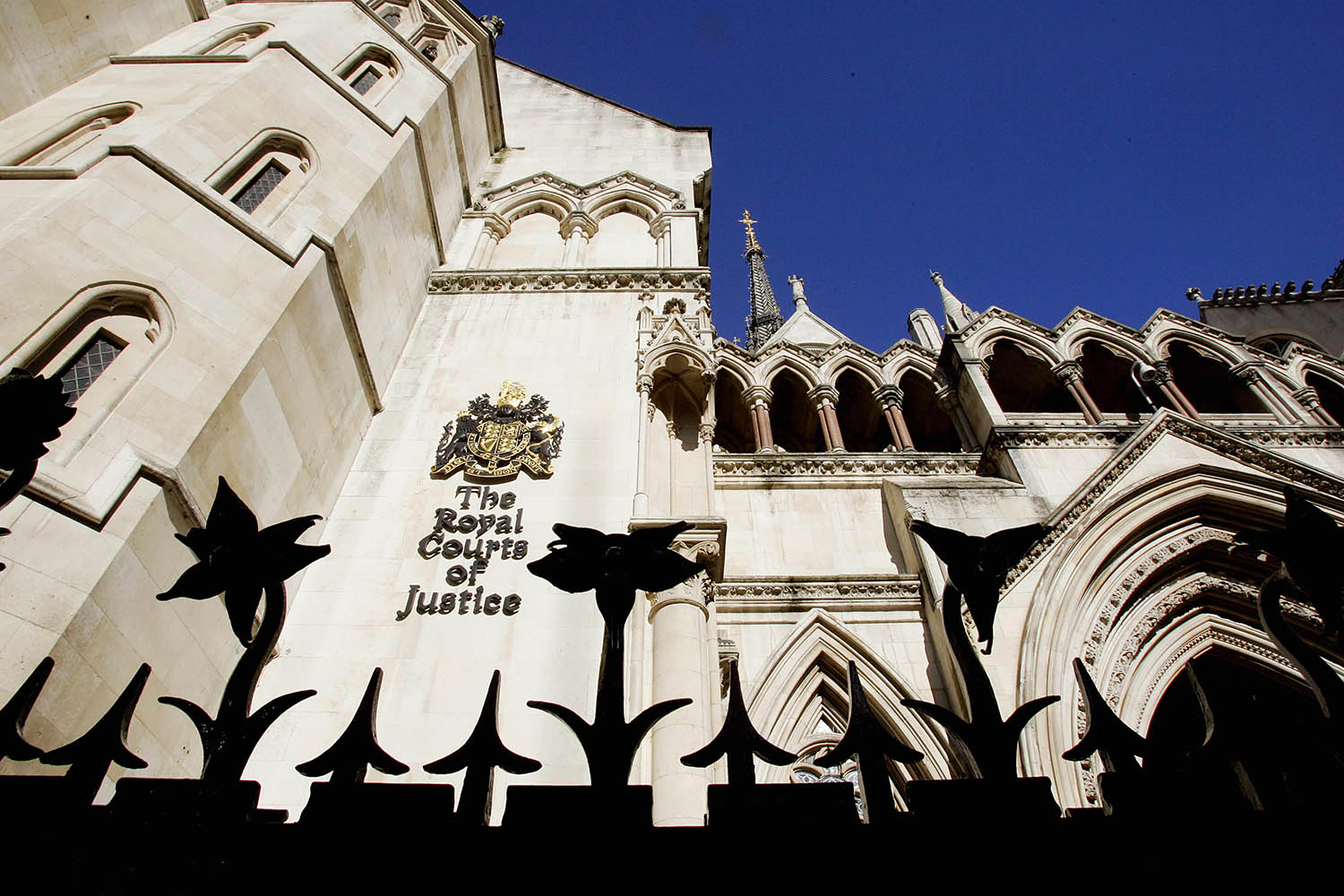
A British mother being investigated for a suspected illegal abortion under a Victorian-era law had her existing children removed from her care, Tortoise can reveal.
The mother is one of six women who have appeared in an English court since December 2022 for illegally ending their pregnancies under the Offence Against the Person Act (OAPA) 1861. Before then, only three women had faced convictions since the law was introduced.
A High Court judgment on whether media can report on the case, published today, reveals proceedings to remove the children into care were triggered after both parents were arrested on suspicion of murder in August 2023.
The children’s parents were subsequently charged with concealing the birth of a child, under Section 60 of the OAPA Act 1861.
Those charges were dropped in October 2023 to allow the police “to gather more evidence”. A police spokesperson stated at the time that the investigation “remains very much ongoing” and the children remain in local authority care, with only limited supervised contact with their mother.
After a successful application by Tortoise to relax reporting restrictions, Ms Justice Henke ruled that almost all details from the care proceedings could be published, but delayed permission to report until the conclusion of the police investigation or any resulting criminal proceedings.
The local authority had opposed the media being able to identify the parents, and also argued that any reporting should be delayed. The children’s court-appointed Guardian invited the judge to consider postponing any publication until the end of any police investigation or criminal proceedings, a position echoed by the police and CPS.
Until full details can be published, the judge agreed to publish her ruling which sets out the following:
– Both parents received death threats after media coverage of their initial arrest and the mother subsequently expressed “fear for her safety”;
– the initial bail conditions imposed by police may have denied the mother the ability to fully argue against the making of an interim care order to remove her children; and;
– there is no specified timeframe for the police investigation into the now discontinued charge, or any possible associated offences including that of murder. The post-mortem report on the foetus has recently been completed.
We argued for reporting restrictions to be relaxed on the basis of a compelling public interest in understanding:
- the approach of the police to such offences, given alarm being articulated by doctors, women’s rights campaigners and politicians;
- the use of the police’s protective powers and the removal of the children from parental care;
- the making of interim care orders under which the children remain placed away from their parents;
- the decision making of public authorities in such cases, in particular the actions of the police and the impact that has on parents and children;
- the use of covert recordings made by the mother to evidence what she asserts to be misreporting by a social worker.
In February, the Crown Prosecution Service and police submitted to the Family Court that a murder charge “should remain under consideration pending thorough investigation” including review of a full post-mortem report on the dead foetus, digital devices and witness accounts.
The judgment shows submissions were made on behalf of the mother that the police and CPS’s description of the investigation as “potential offences of murder to administering drugs to procure an abortion and/or concealing the birth of the child” was “disproportionate” to the evidence that had been disclosed to date.
It was also argued by the mother that the police and CPS sought reporting restrictions on the Family Court proceedings as a “shield” to “conceal their failings” and “silence” her, which they would not be able to do within criminal proceedings held in public.
Abortion providers in the UK have recently warned that an increasing number of women are facing police investigations for suspected illegal abortions, including after natural pregnancy loss.
The High Court judgment refers to recent guidance by the Royal College of Obstetricians and Gynaecologists (RCOG), which was issued in response to concerns about rising investigations and prosecutions of women for abortion-related offences.
The RCOG guidance states that “there is no evidence that a decision to have a late gestation abortion has any bearing on any existing children” and that a later gestation abortion (post-24 weeks) or pregnancy loss “is not of itself a reason to be concerned about child protection”.
Citing media arguments made in favour of reporting, Ms Justice Henke said there was a “public interest in the impact of these sections of the OAPA which criminalise parents and cause a family to be fractured when what it is said to be needed is compassion and support”.
Last summer, the Court of Appeal suspended a 28-month prison sentence given to 44 year-old mother of three Carla Foster, who had admitted to illegally procuring her own abortion. One judge stated it was “a case that calls for compassion, not punishment”.
Earlier this year, 22 year-old Bethany Cox was found not guilty of an illegal at-home abortion after three years of investigation when prosecutors dropped the case due to “evidential difficulties”.
Two more women are set to face trial for abortion-related offences later this year.
Parliament is due to vote within weeks on an amendment to the Criminal Justice Bill which would decriminalise Section 58 and 59 of the OAPA 1861 in England and Wales and stop a woman facing jail for ending her own pregnancy.
Dame Diana Johnson MP, who tabled the amendment, said: “Horrendous examples such as this show why decriminalisation of abortion is needed – and nothing less. No woman should be pursued by the police, face prison or the enforced break-up of their families for ending her own pregnancy.”
“It’s time Parliament ended the archaic and counter-productive practice of imprisoning women for ending their pregnancies and to have abortion laws fit for the 2020s – not 1967 or 1861”.
